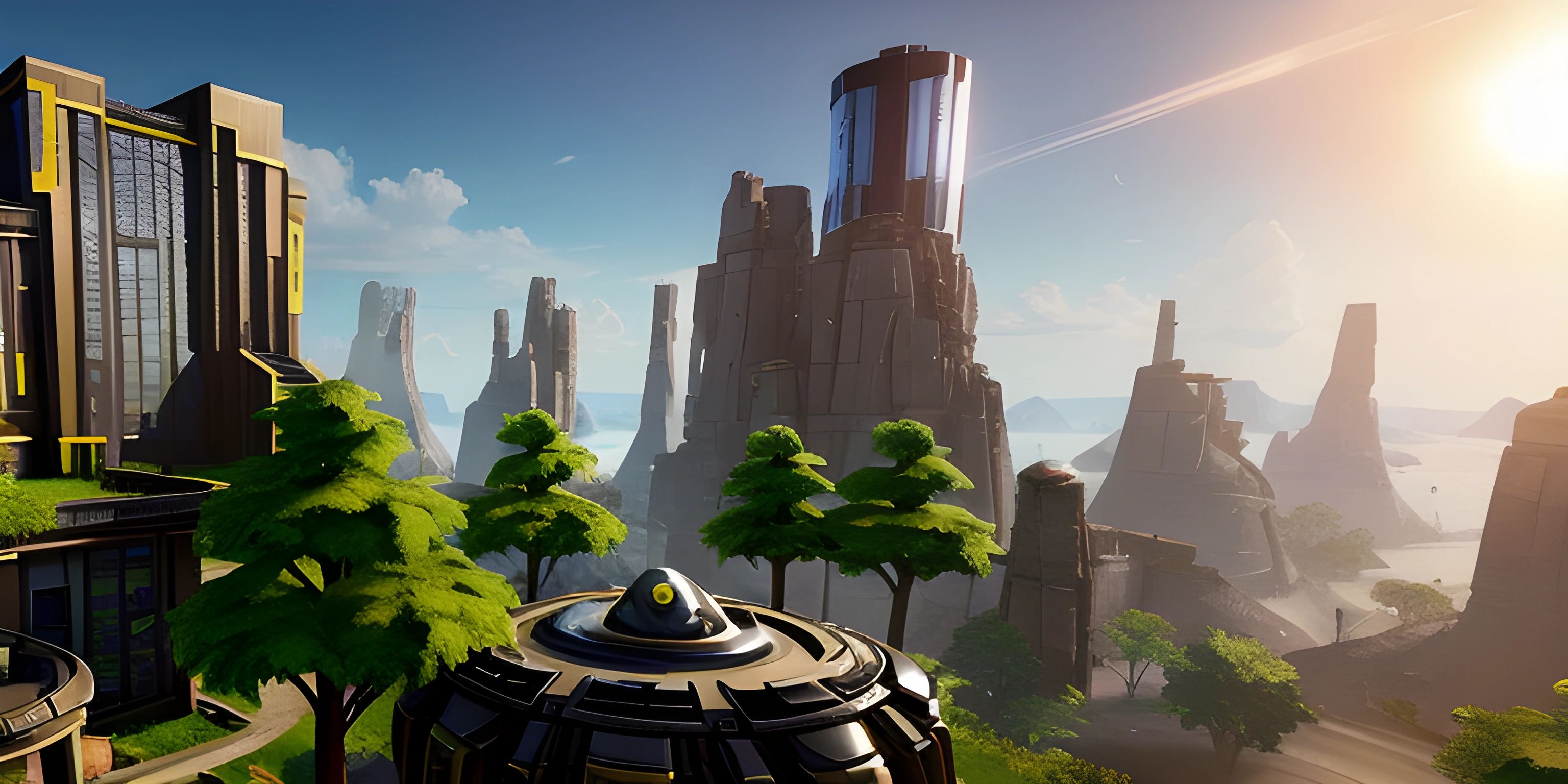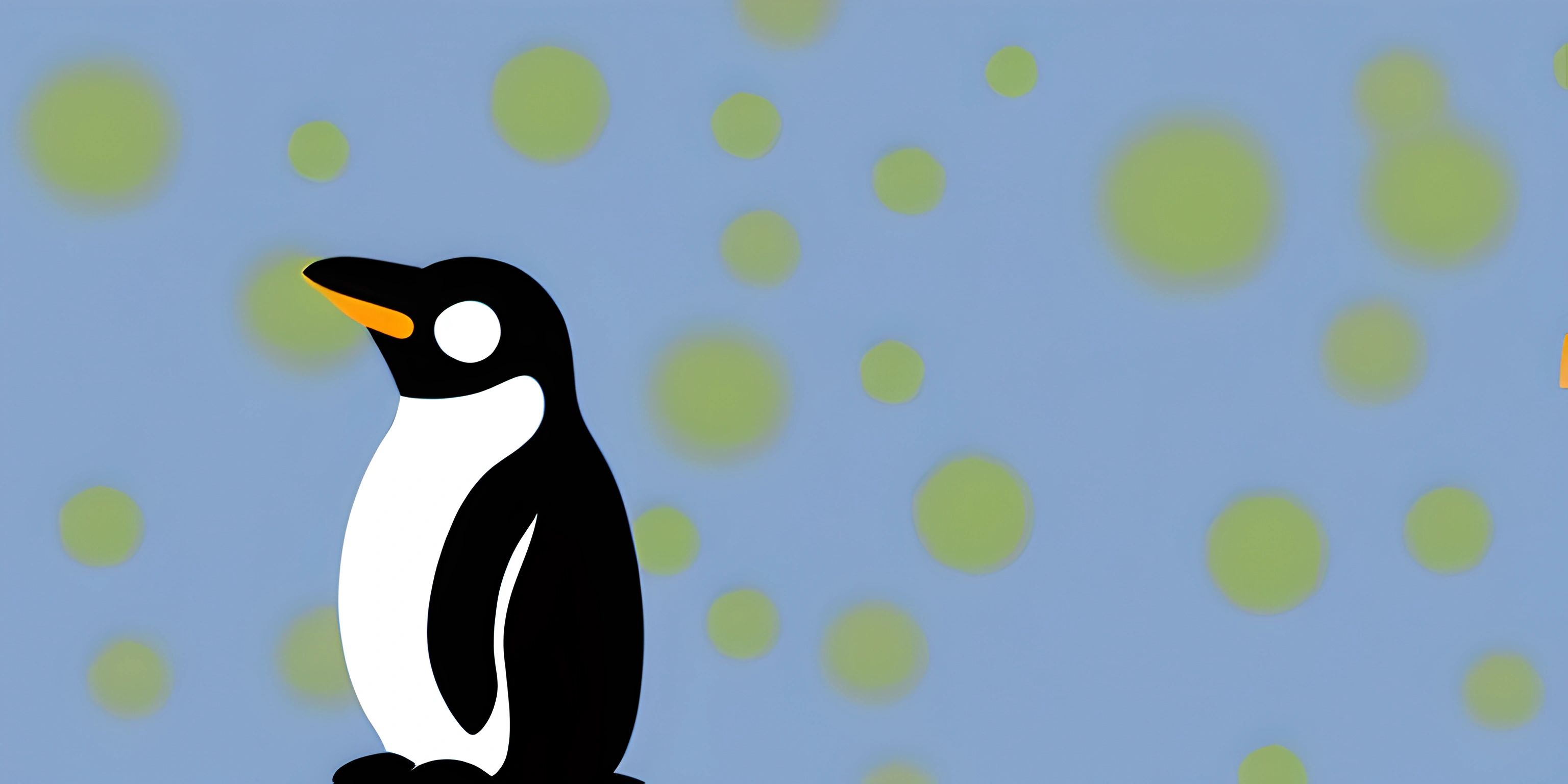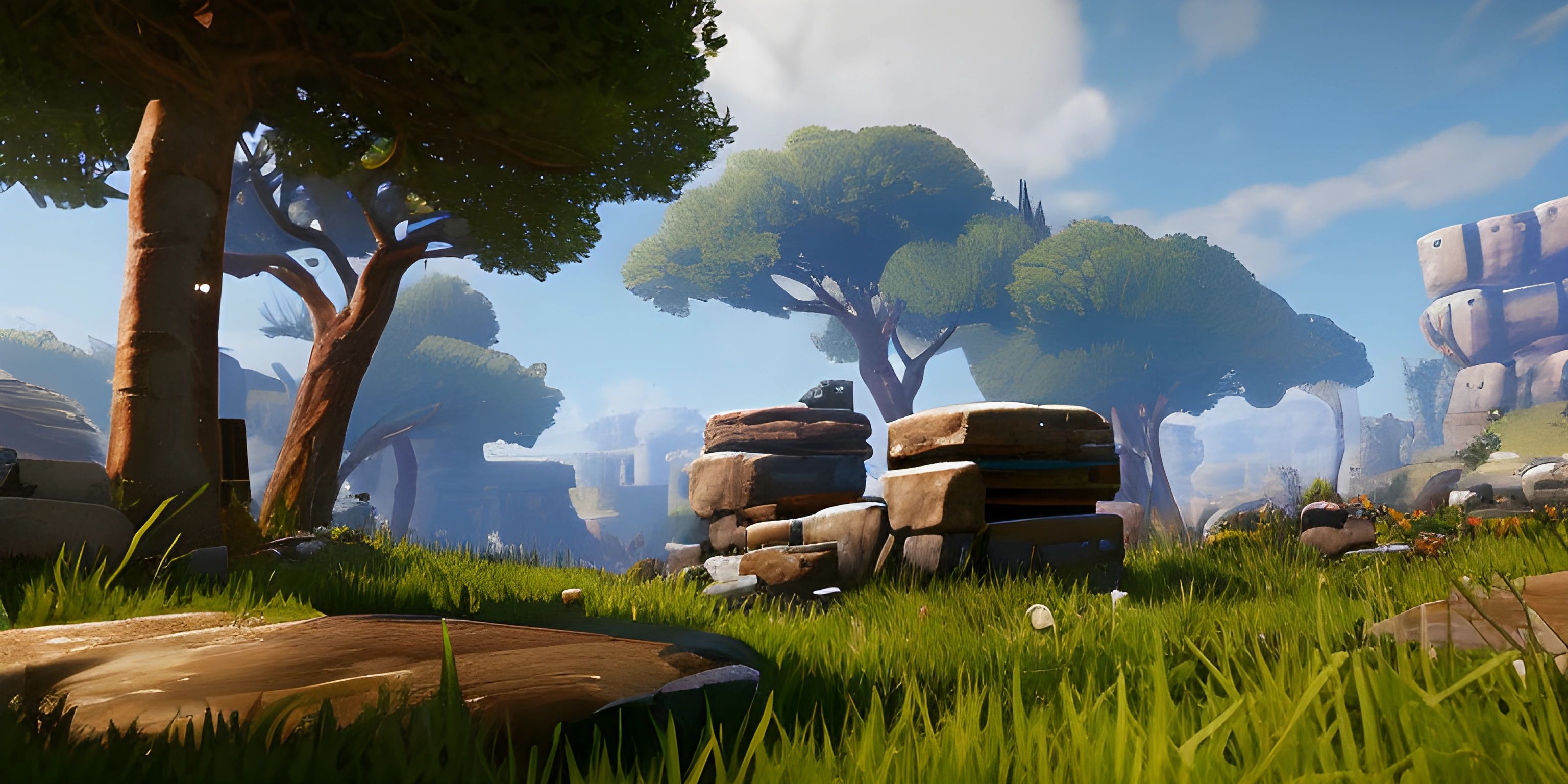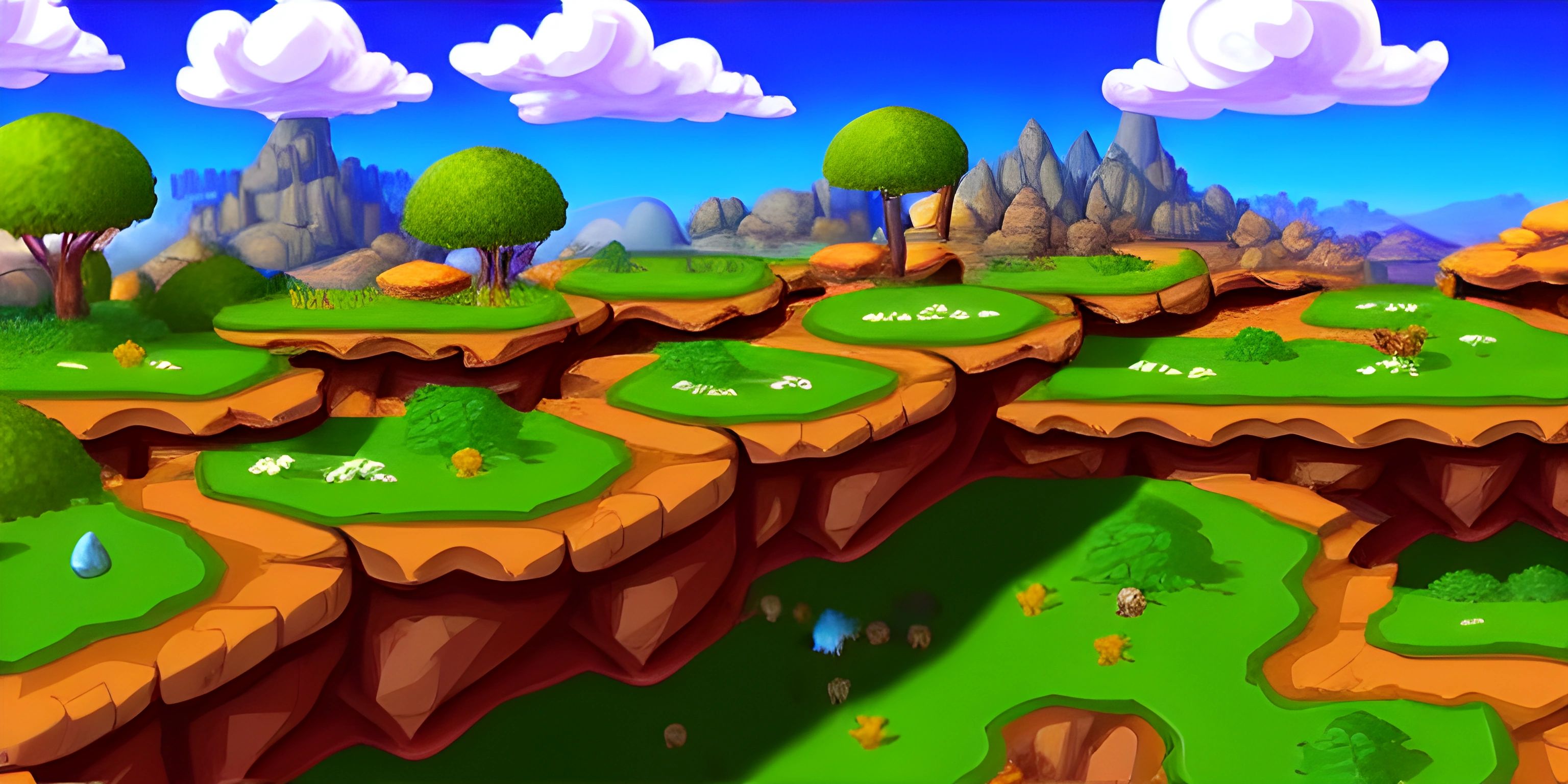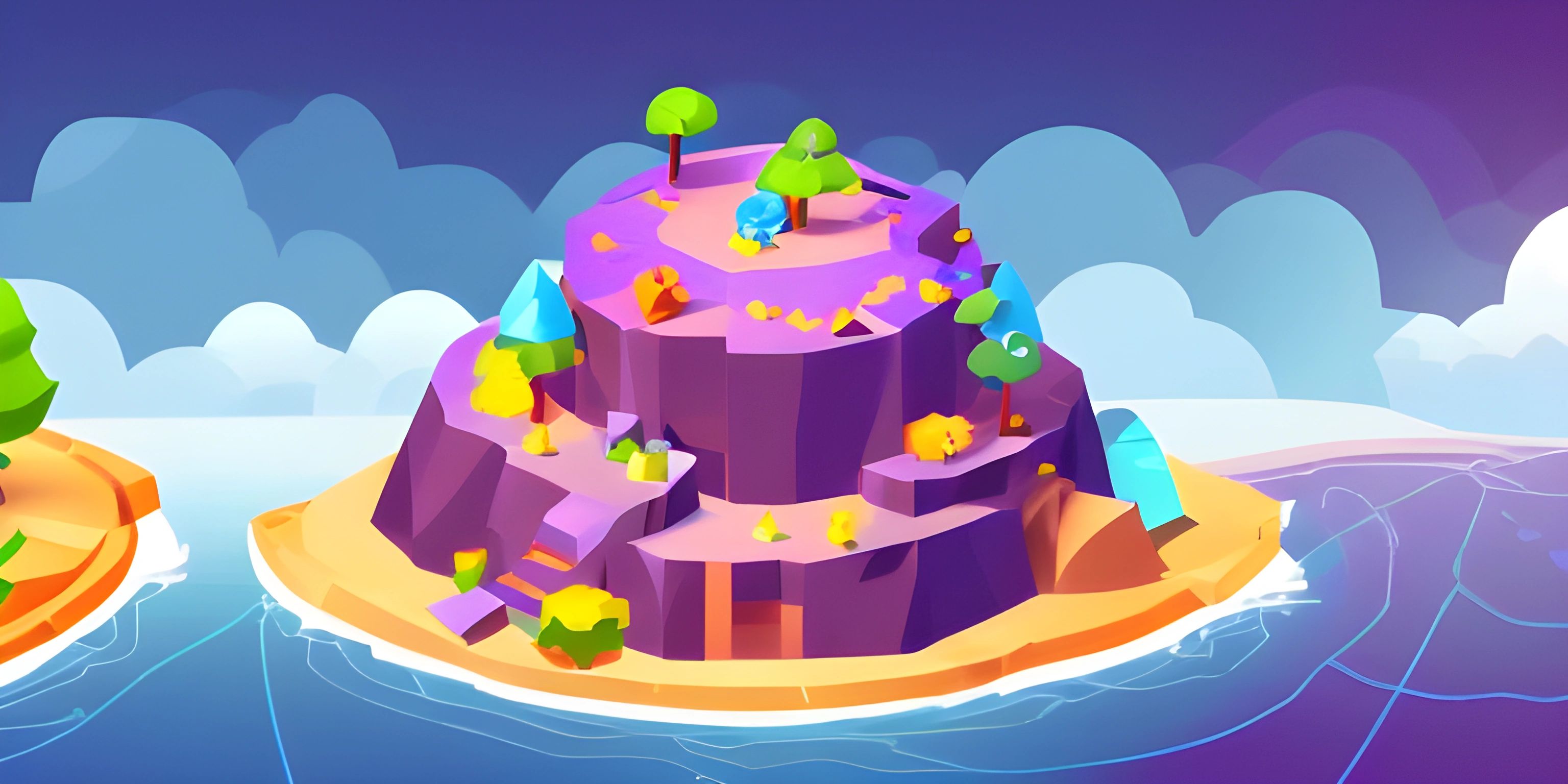An Introduction to Itch.io: Publish Your Game with Ease
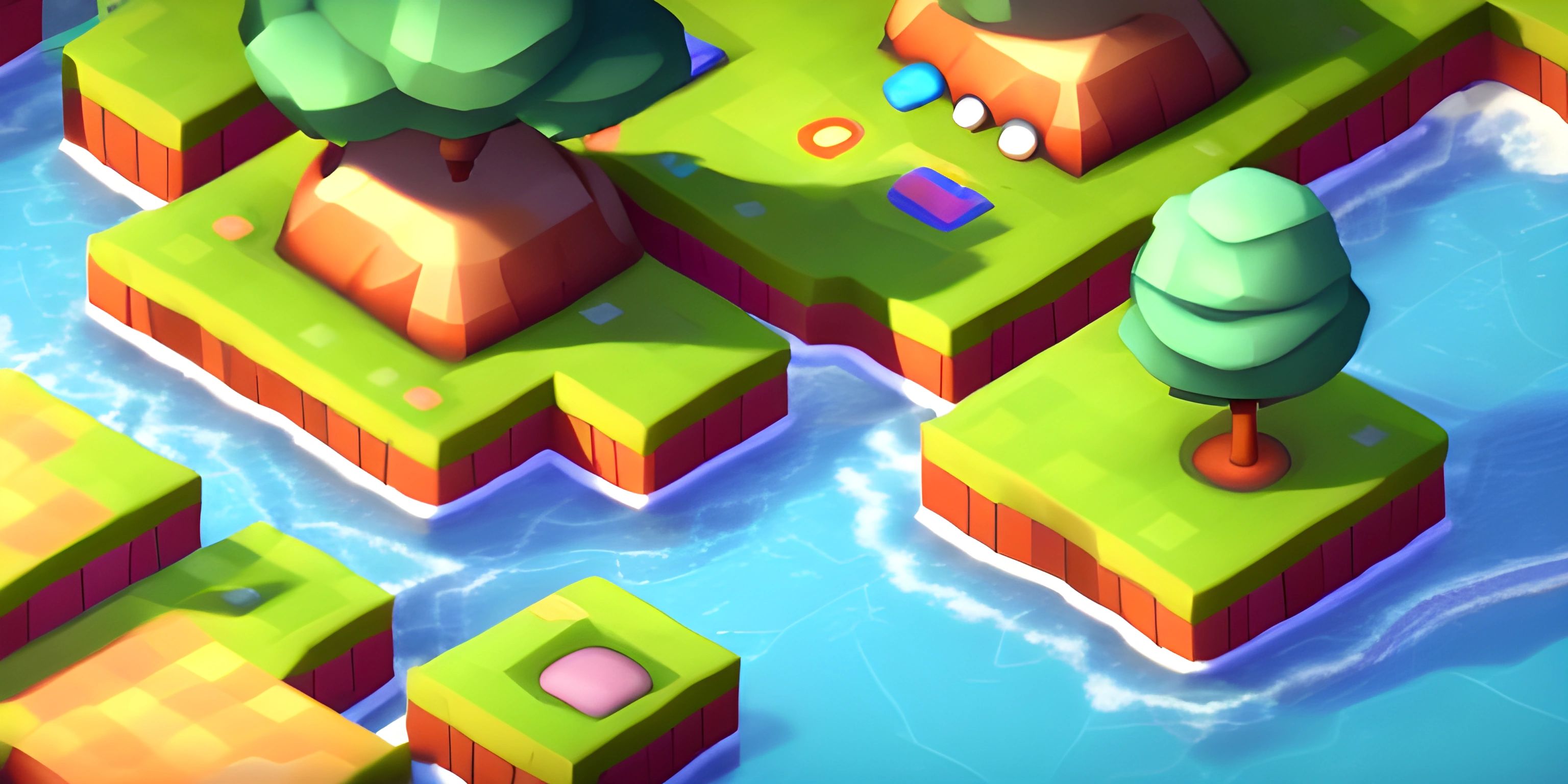
Note: this page has been created with the use of AI. Please take caution, and note that the content of this page does not necessarily reflect the opinion of Cratecode.
So, you've created a game. Maybe it's an epic RPG set in a universe of sentient potatoes, or perhaps it's a minimalist puzzle game where you rearrange furniture. Either way, it's your baby. Now comes the crucial step: sharing it with the world. Enter Itch.io, the indie game developer's best friend.
Itch.io is a platform that allows game developers to publish, distribute, and sell their games. Whether you're a lone wolf developer or a small team, Itch.io makes it incredibly easy to get your game out there.
Setting Up Your Itch.io Account
Before you can showcase your masterpiece, you need an Itch.io account. It's simple:
- Navigate to Itch.io and click "Register."
- Fill in your details—username, email, and password.
- Confirm your email address through the link sent to your inbox.
- Voilà! You're now part of the Itch.io community.
Creating a Game Page
A game page is your project's home on Itch.io. It's where people will go to download, purchase, and learn about your game. Think of it as your game's digital storefront.
-
Click on your avatar in the top-right corner and select "Upload new project."
-
Upload your game files. This can be anything from a simple HTML5 game to a downloadable .exe file.
-
Fill in the game details. Add a title, description, and genre. You can also upload screenshots, trailers, and other media. The more eye-catching, the better!
# Example Description Are you ready to dive into a universe of sentient potatoes? In "Potato Quest," you will embark on an epic journey to save Potato Kingdom. With stunning graphics and engaging gameplay, "Potato Quest" is a must-play for RPG fans.
-
Set a price. You can choose to make your game free, pay-what-you-want, or set a fixed price. If you opt for pay-what-you-want, players can choose to donate any amount they feel like.
Customizing Your Game Page
Make your game page as captivating as the game itself. Customization options allow you to express your game's personality.
- Theme. Choose a theme that matches your game's aesthetic. You can edit the background, text color, and even add custom CSS for advanced tweaks.
- Tags. Add relevant tags to make your game easier to find. Use tags like "RPG," "Puzzle," or "Adventure" to draw in the right audience.
- Widgets. Include social media buttons, download counters, and follower widgets to boost engagement.
Marketing Your Game
Once your game page is live, it's time to spread the word. Here are some tips:
- Social Media. Share your game on platforms like Twitter, Facebook, and Reddit. Use hashtags like #gamedev and #indiegames to reach a wider audience.
- Devlogs. Writing development blogs (devlogs) can keep your audience engaged. Share updates, behind-the-scenes content, and future plans.
- Community. Engage with the Itch.io community by participating in forums and game jams. The more active you are, the more likely people will check out your game.
Analytics and Feedback
Itch.io provides analytics to help you understand how your game is performing. You'll get insights into downloads, views, and revenue. Use this data to refine your marketing strategy and improve future projects.
- Check the Dashboard. Your Itch.io dashboard provides a summary of your game's performance.
- Read Reviews. Pay attention to player feedback and reviews. Positive reviews can be highlighted on your game page, while constructive criticism can guide your next update.
Updating Your Game
Game development is an ongoing process. Whether you're fixing bugs or adding new features, keeping your game updated is crucial.
-
Upload New Builds. Go to your game page and click "Edit." From there, you can upload new versions of your game.
-
Changelog. Maintain a changelog to inform players about updates. Transparency builds trust and keeps your community engaged.
# Changelog ## v1.1.0 - Added new level: Spud Valley - Improved combat mechanics - Fixed bugs in the inventory system
Conclusion
Publishing your game on Itch.io is a straightforward process that opens a world of opportunities. From setting up your account to marketing your game, Itch.io provides the tools you need to succeed. Happy publishing!
Hey there! Want to learn more? Cratecode is an online learning platform that lets you forge your own path. Click here to check out a lesson: Why Program? (psst, it's free!).
FAQ
Is there a fee to publish games on Itch.io?
Itch.io operates on a pay-what-you-want model for game hosting. You can choose to share a percentage of your sales with Itch.io, but it is not mandatory.
Can I update my game after it's been published?
Absolutely! You can upload new builds and maintain a changelog to keep your players informed about updates.
How do I engage with the Itch.io community?
Participate in forums, join game jams, and interact with other developers. Engaging with the community can help boost your game's visibility.
What types of files can I upload to Itch.io?
You can upload a variety of files, including HTML5 games, downloadable executables (.exe), and even source code. Make sure to compress large files for easier downloads.
How can I track my game's performance on Itch.io?
Use the analytics provided on your Itch.io dashboard. You'll get insights into downloads, views, and revenue, helping you to refine your marketing strategy.

